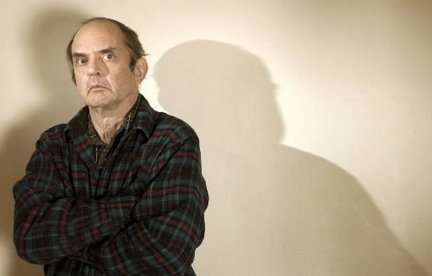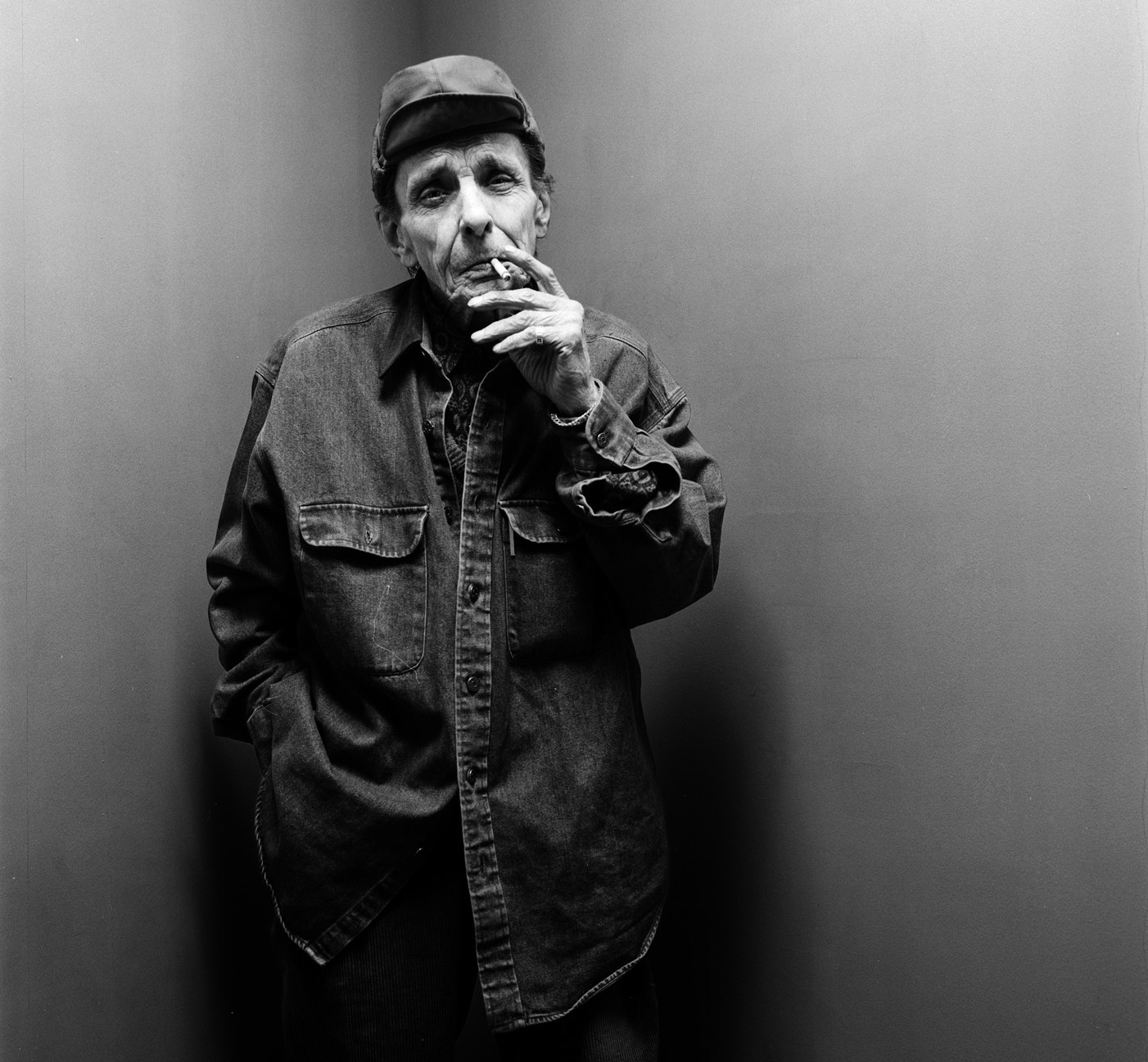Harvey Pekar was considered a kook because he didn’t see himself as David Letterman’s punchline, but he was right in believing he deserved respect. Not because he was a fascinating writer and thinker, though he was, but just because he was a human being. That was enough.
In 1997, Pekar was asked by the Northern California publication Metroactive to review a posthumous collection by Herbert Huncke, the original Beat, who was even more of an outcast than the American Splendor writer. It was a great pairing since, paraphrasing Nick Tosches, they both realized you could be a loser with a capital “L.” An excerpt:
Though he went on the road at the age of 12, Huncke was a competent technician and lyrical, evocative writer. He was given to making wry observations and registering complaints about his mistreatment by others, but he also took advantage of, and even stole from, his friends.
Often, however, Huncke was quite helpful and sympathetic to others. Benjamin Schafer, the book’s editor, includes in his afterword a touching account of how Huncke aided him during a bleak period in his life. Huncke hated 9-to-5 restraints and sacrificed much to escape them, including, ironically, his freedom, spending a great deal of time in one of the most restricted environments of all: prison.
Few men who engaged in hustling and criminal behavior had his vivid powers of description. Huncke provides colorful, if grim, accounts of Bohemians living on the edge, of the difficulties they face and of their attempts to cope with them.
At times, the grimness turned to genuine despair. Busted just after getting out of jail, Huncke contemplated suicide:
I wanted to kill myself. Thoughts of disgust, anger, frustration, confusion, and a complete physical let-down had me exhausted. At one point, I promised myself I’d do this bit and when I’d get out, I’d disappear down at the Bowery–anywhere–never show my face to my friends again, sort of fade into nothingness.
But Huncke did not give in; maybe the writing kept him from fading away. He even managed to stay more or less within the law in the 1960s and, partly due to his charm as a storyteller, cultivated a following as a writer and “character.” At the end of his life, the Grateful Dead paid his rent at the Chelsea Hotel, and he lectured at colleges. Huncke, one of the fathers of the Beat movement, survived almost all his literary compatriots, living to a ripe old age in the process.•


